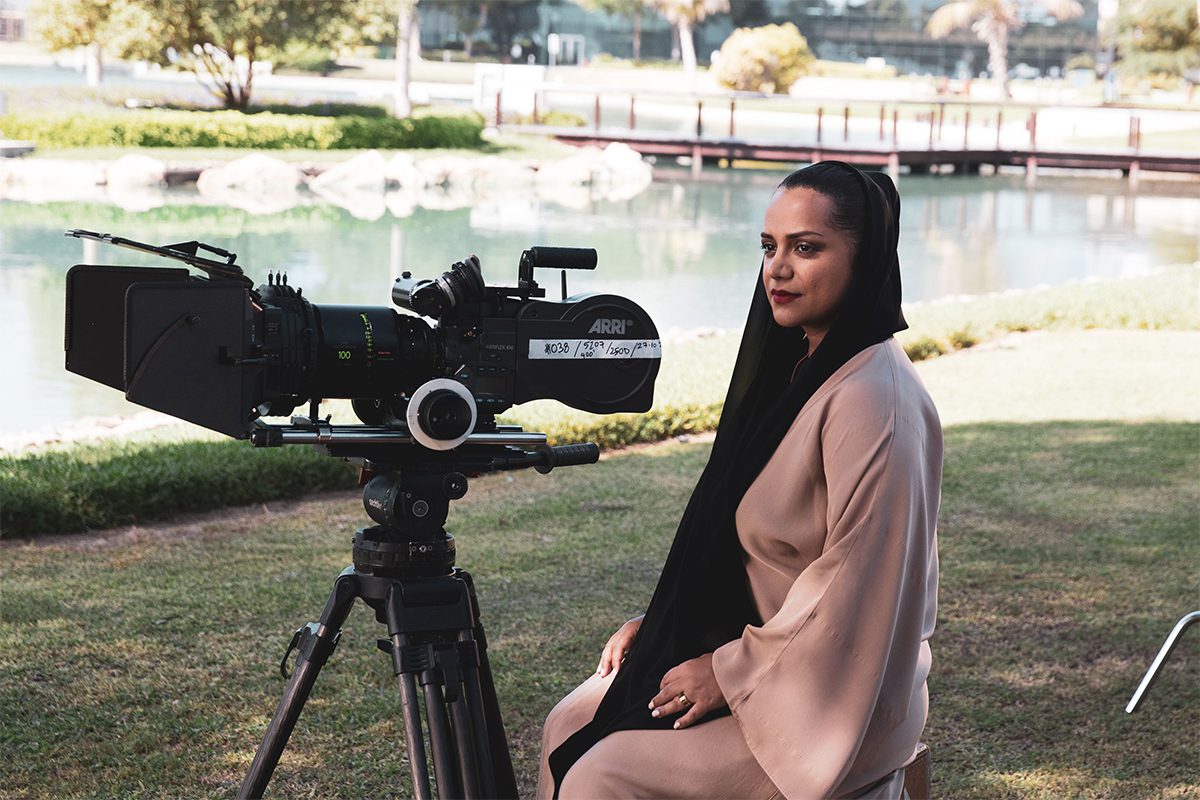
Nayla Al Khaja
Nayla Al Khaja is the first female filmmaker in the United Arab Emirates and a pioneer of Middle Eastern film on the global stage. Here, she speaks to LUX Contributing Editor, Samantha Welsh, about the importance of recovering nuance and overcoming prejudice through storytelling.
Nayla Al Khaja is not one to shy away from glass ceilings. Besides founding Dubai’s first film club (The Scene Club, which has over 22,000 members), she has received widespread acclaim at international film festivals for challenging gendered and cultural stereotypes in her work. Now, Al Khaja is striving to bridge cultural difference and inspire the next generation of Middle Eastern filmmakers. Her conversation with LUX is timely: as Saudi Arabia announces unprecedented investment in cinema over the course of the next five years, it seems that Al Khaja’s work is only set to skyrocket.
LUX: You describe yourself as a storyteller, is that right?
Nayla Al Khaja: My curiosity has always had a bigger appetite than anybody else around me. What drives me is human stories that touch the heart and mind. The power of storytelling encompasses a lot: it breaks [everything] down to its bare minimum. That’s what brings us together as humans. Film does that in such a visceral way.
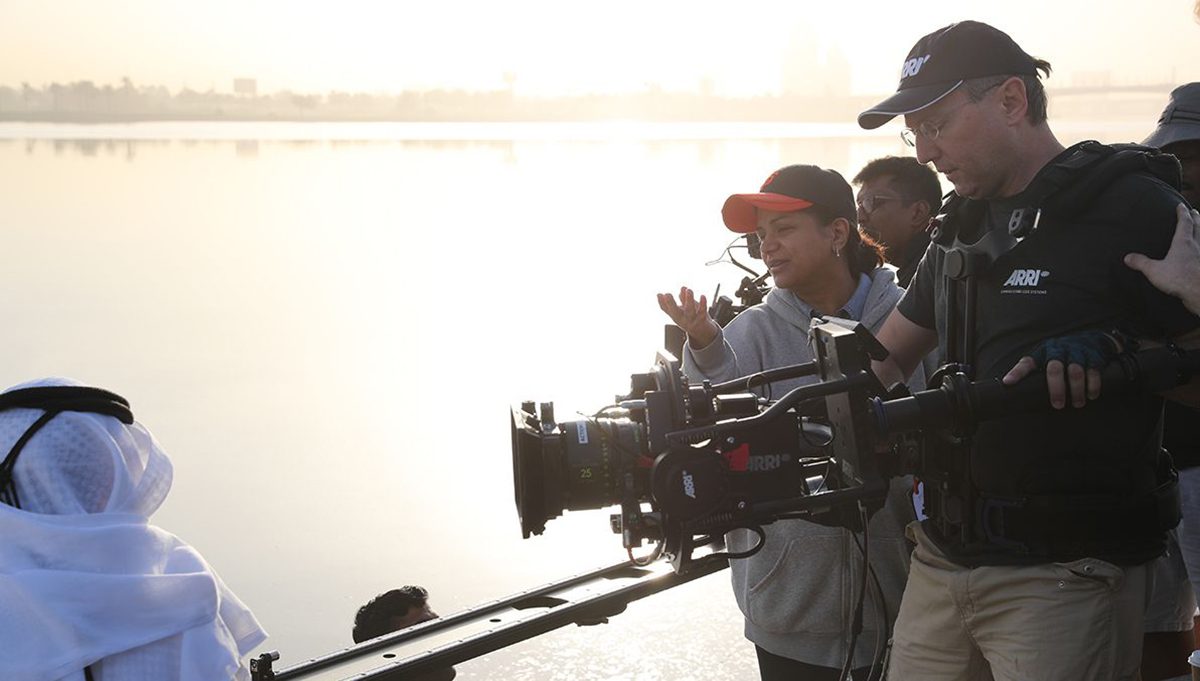
Private film made for an initiative under the office of H.H Sheikh Mohammad bin Rashid
LUX: Your work often challenges the dominant western narrative of the Middle East. How important is it to you to retell that story in different terms?
Nayla Al Khaja: The Middle East has always been portrayed in one light. I don’t feel that the West quite understands the nuances of different countries, and the [varying] position of women, in the region. It is exhausting. I think people would be shocked to see that female empowerment is a massive checkpoint here. There are some stunning examples of women – ministers, judges, criminologist – who are really leading the way. 62% of graduates and workplaces are helmed by females in powerful positions. Of course, there are families that are still very conservative towards women. If today I [were to] take an hour and a half flight and land in Beirut Lebanon, it would be a completely different tolerance level. But things are changing quite fast. To paint twenty or more countries in the same way is murderous, in my opinion.
Follow LUX on Instagram: luxthemagazine
LUX: Your films explore cultural differences in a way that bridges divides and reveals our shared humanity. Is that key for you?
Nayla Al Khaja: It is very key for me. My first feature film, which is scheduled to be shot in March 2022, is precisely that. It’s called ‘THREE’ and its part of a trilogy. It’s about an Arabic woman who fights very hard to save her son’s life in [the face of] various adversities. She finds help in the hands of a total stranger, an American doctor, who gets complete access to this conservative family. Things kind of break down and, in the end, they find common ground. It’s based on a true story in Dubai in the 90s. It’s very heart-warming; the meeting of minds. We are looking at casting a very big name either from UK or USA. I am very excited about it.

LUX: You’re currently working on another work that flips gender stereotypes entirely. Tell us about that.
Nayla Al Khaja: I’m doing an anthology called ‘The Alexandria Killings’, which has been in my mind for years. It’s [a true story] about two sisters from Egypt in 1921, who ran brothels in Egypt, then resorted to killing when Egypt crumbled after the British empire left. It’s out of this world: I’ve been obsessed about them and have done a lot of research. I like the fact that it’s about women who weren’t ‘proper’: women usually get stereotyped, but those two were really a mafia. They ran a whole gang. You never connect that with the oppressed Arab women who are painted in the West. These two sisters are going to break that completely. I pitched it to Rocket Science [film studio] in London, who really liked it, and they ended up getting Oscar winner Terry George to be the director. I sit on it as the executive producer. To have something I have been dreaming of for years realised is such a blessing. It’s like my first international glass ceiling has been broken.
LUX: How has your work been received at home?
Nayla Al Khaja: There has been a sea change among young people. Although I’m a tiny fish in a massive ocean outside [my country], I am a fish in a small aquarium here. I can really make a difference in my home, amongst my people, because I can see the influence. Young people constantly email me! It makes me realise how one person can impact a generation of young people to think outside the box, to be daring and push the status quo. Every time there is a push like that, things expand. They might be slow expansions, but if we look back ten years ago, we have come very far.
Read more: Philanthropy: Cultural Changemaker Surina Narula
LUX: That responsibility to share your expertise with others, does it inform any other elements of your process?
Nayla Al Khaja: I like to street cast. In my film Animal, many of the actors hadn’t had any experience before and they were absolutely brilliant. The young actress had never been in front of a camera before. The father hadn’t had much of acting experience either: this was his second short film. But when you give them the right tools you can really get gems out of them. With Animal, I won best film in Milan out of 72 entries!
LUX: Are you optimistic about the future of film?
Nayla Al Khaja: I feel we are losing the golden era of cinema. Everything is going at a much faster pace, and that’s not necessarily a good thing. [Previously], it was all about character and story, but now it’s about special effects; the bigger the better. We need to stop, pause, take a deep breath, and start to appreciate the beauty outside rather than the technical. One thing that’s worth noting is that Saudi Arabia announced the opening of over four thousand cinema screens in the next five years, which means it could be the next Mecca for filmmaking, and all the incredible talents will have a platform. The potential in storytelling and financial gain here is enormous.

LUX: How do you propose to drive that change?
Nayla Al Khaja: I have a sensational art house film which could potentially really shake festivals, because there has never been anything like it. Not because I’m directing it but because of the aesthetics: we are going to shoot in the mountains in the gulf, where no one has ever filmed, in a language that’s dying, which my grandma used to speak [the mountain language, Shehi]. Unfortunately, the challenge that I face is that it’s virgin ground. People often think, ‘it’s easy for Arabs to find money’. Believe me, raising money for films may be difficult everywhere but it’s excruciating here. There has never been a local film with international presence and financial returns. So, I’m finding a formula to crack that. I’m just glad to be pioneering.
As with all of our philanthropists, readers who have their own foundations and philanthropic interests are encouraged to reach out to our interview subjects and their institutions directly
Find out more: www.naylaalkhaja.com
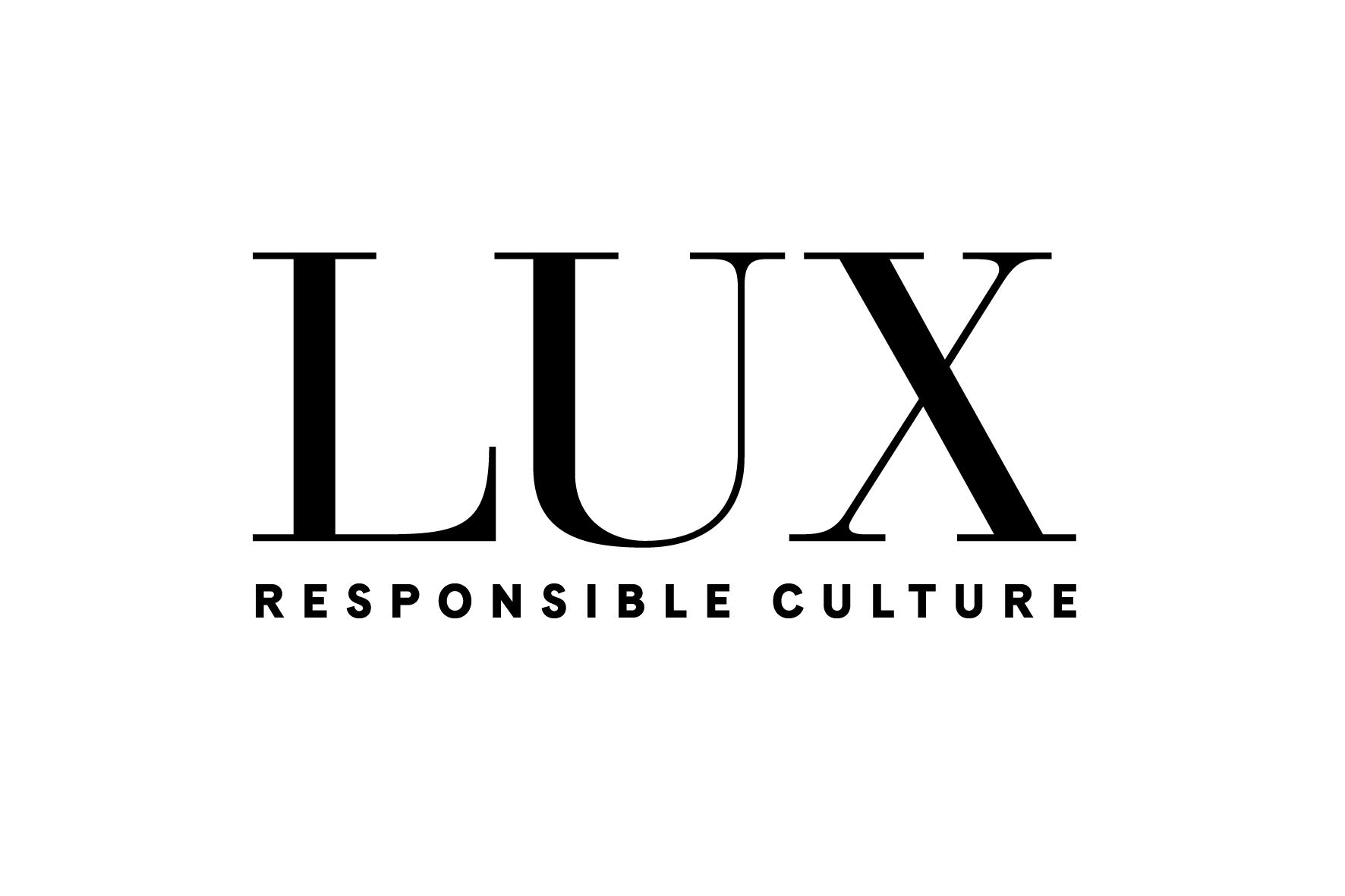


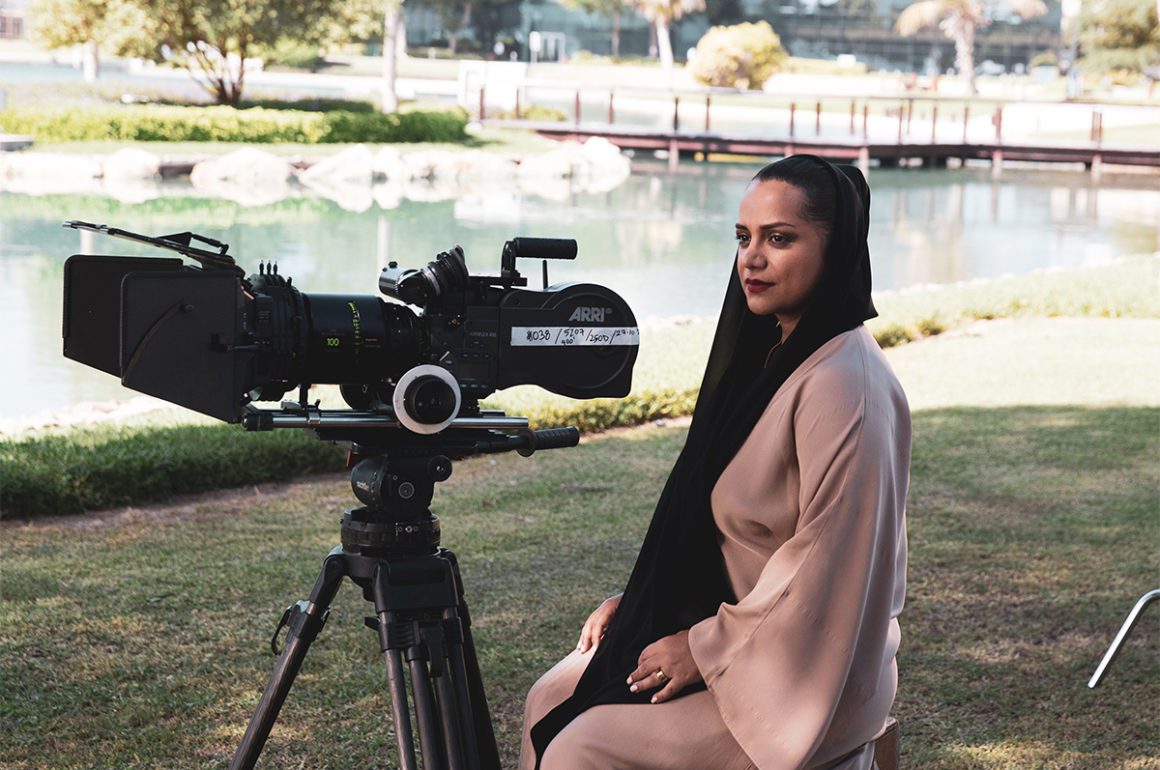
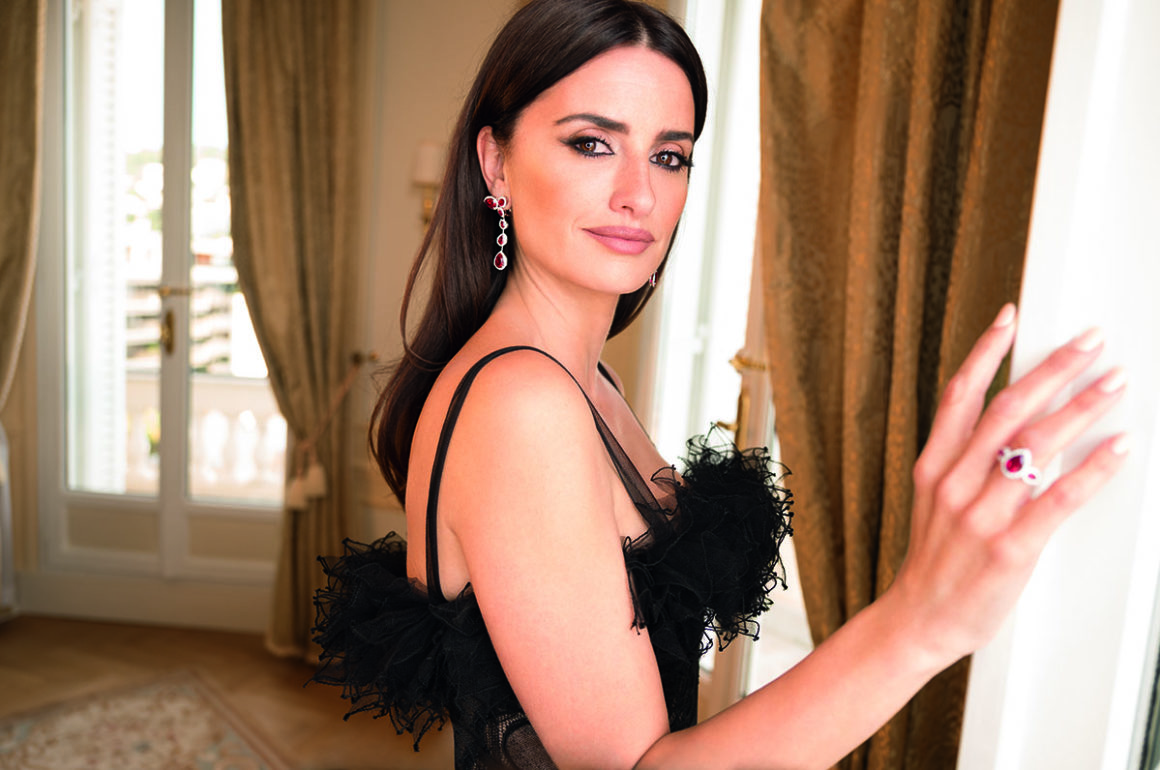
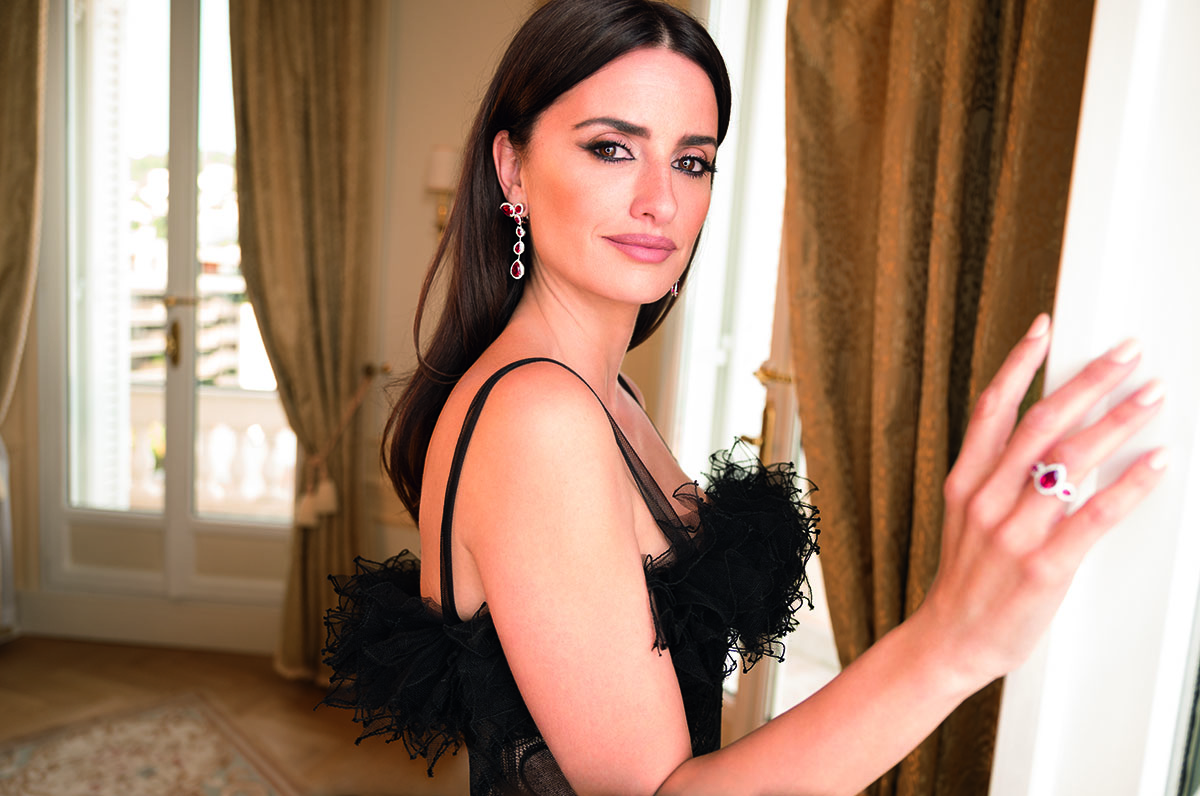
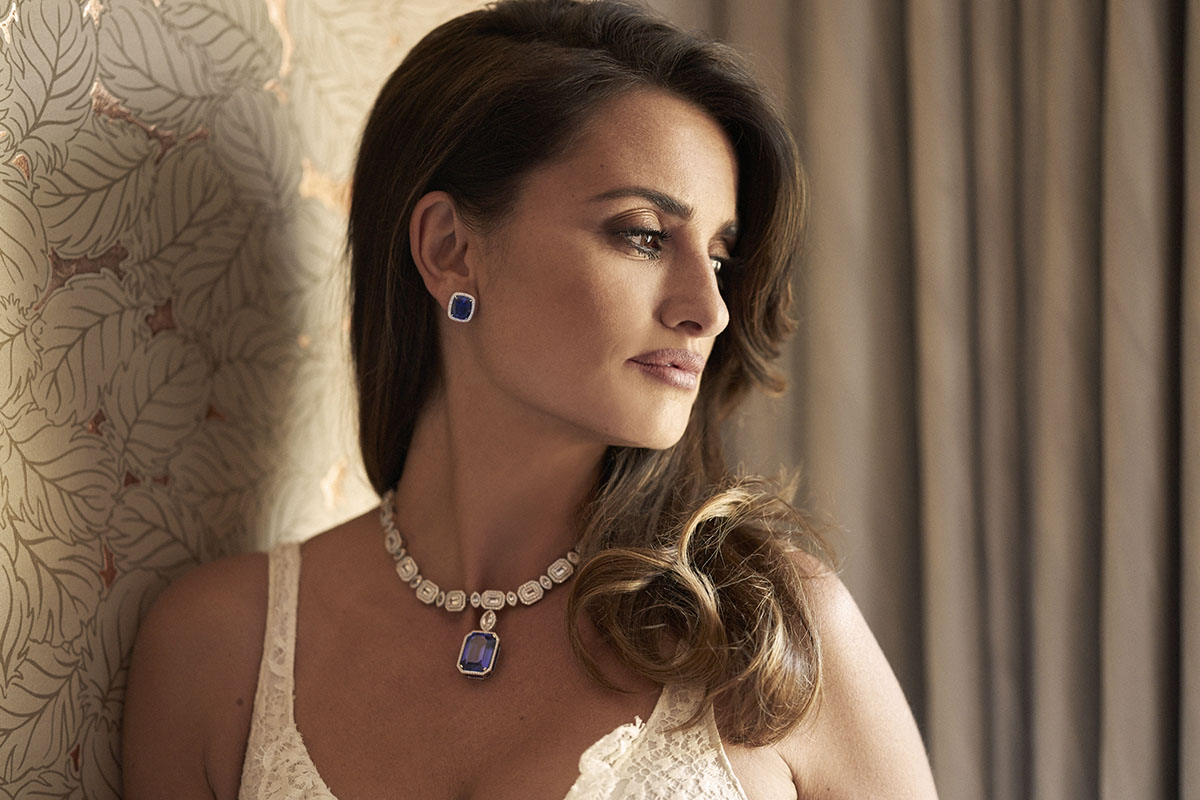
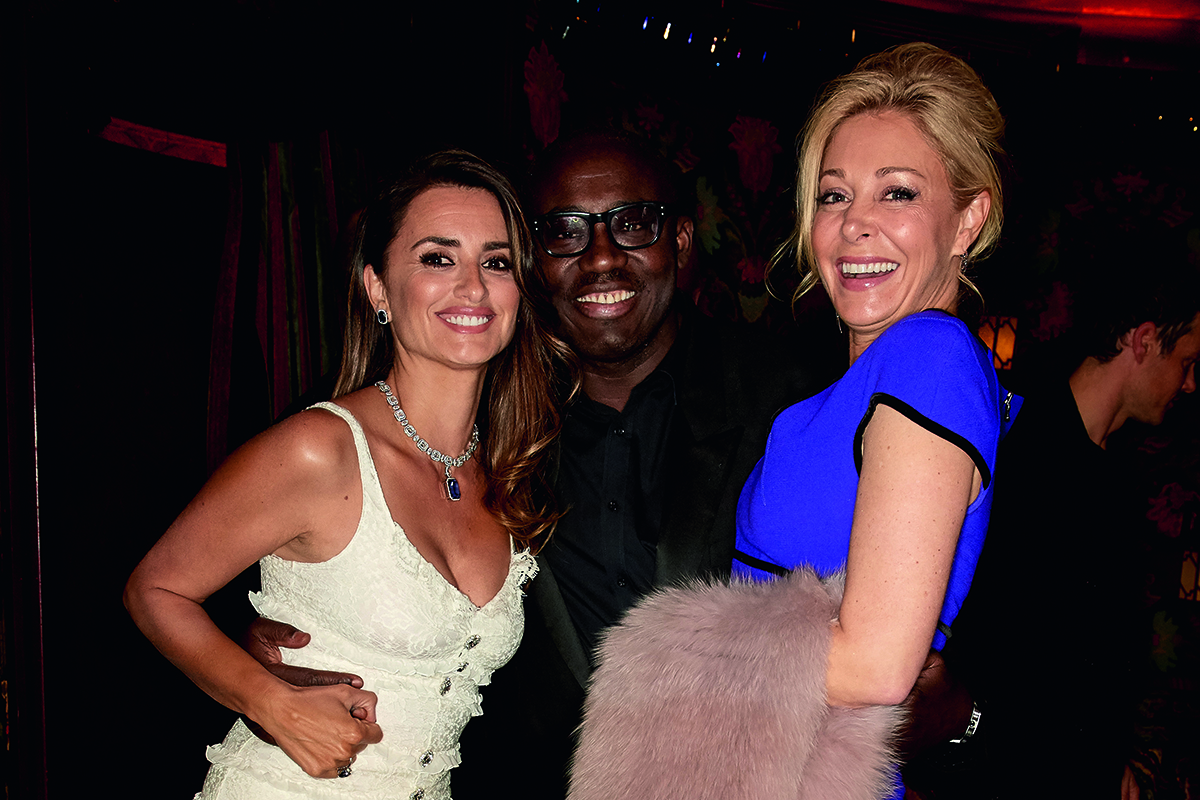
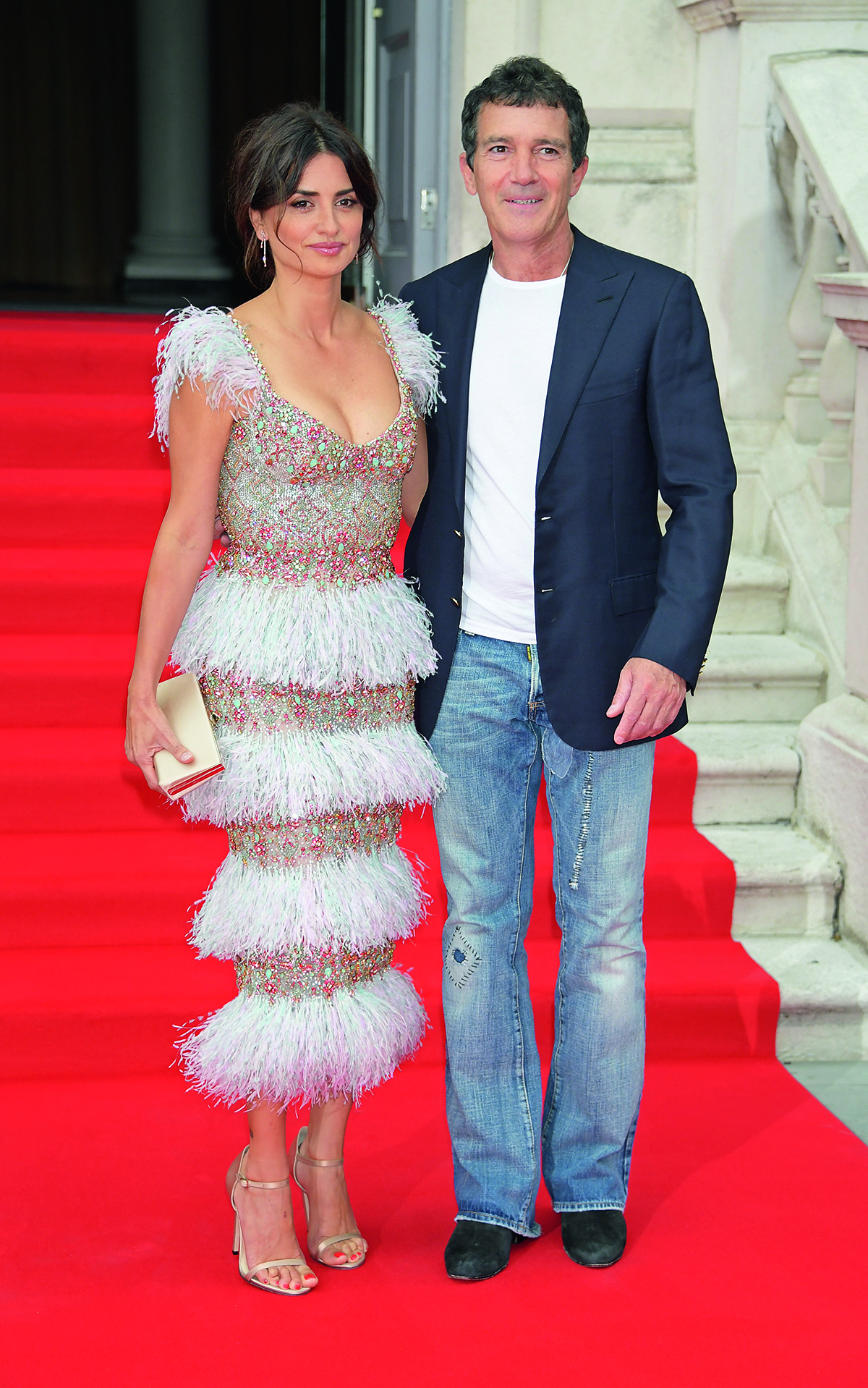
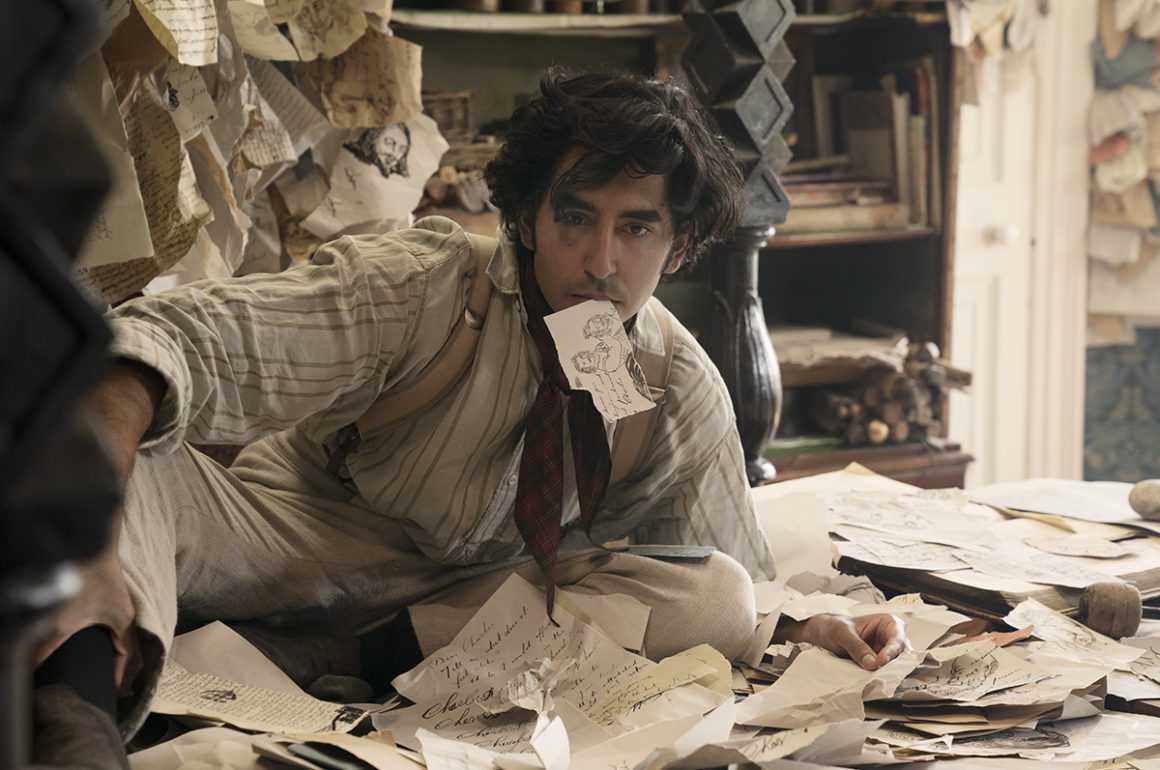
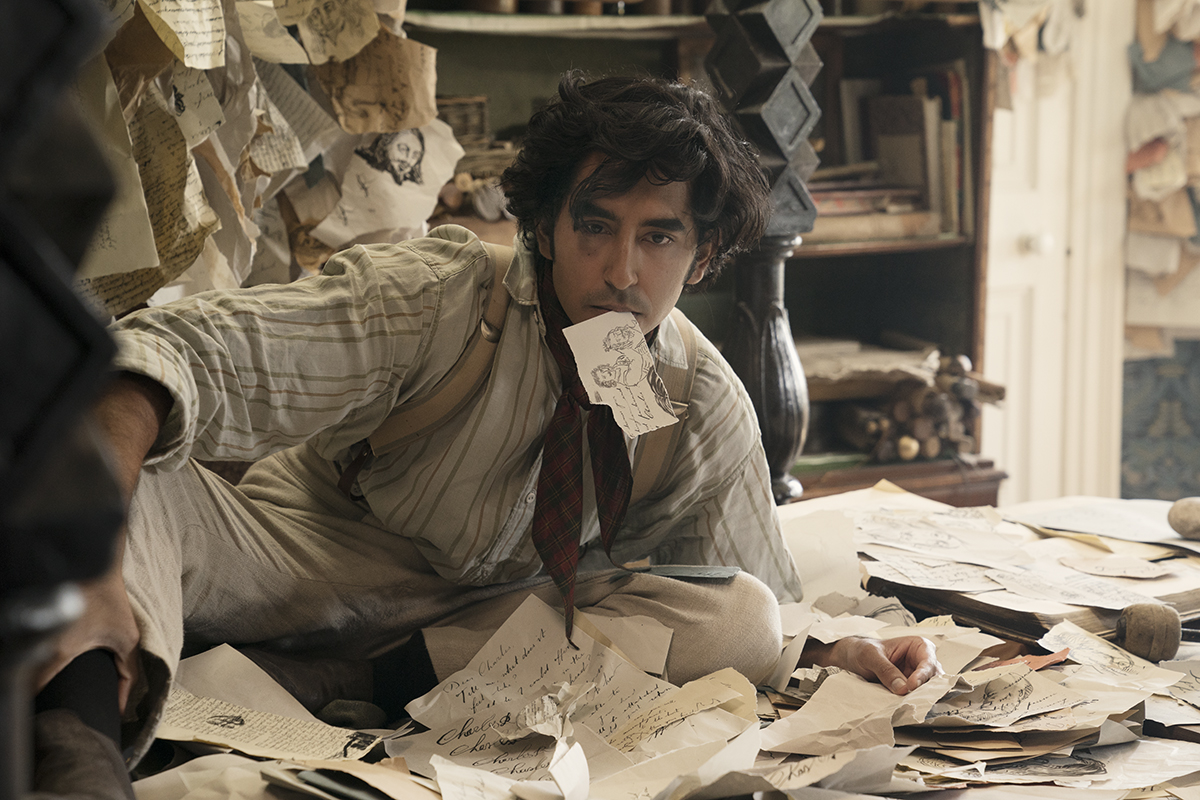
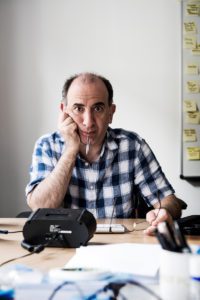
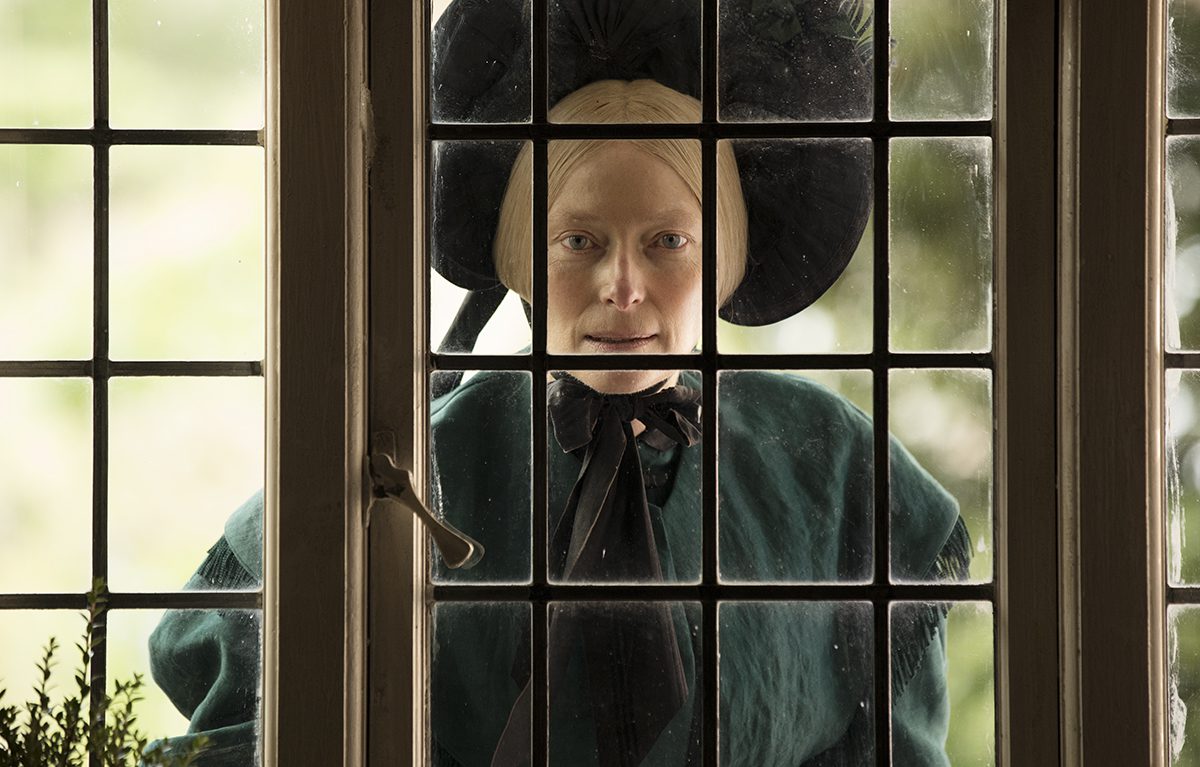



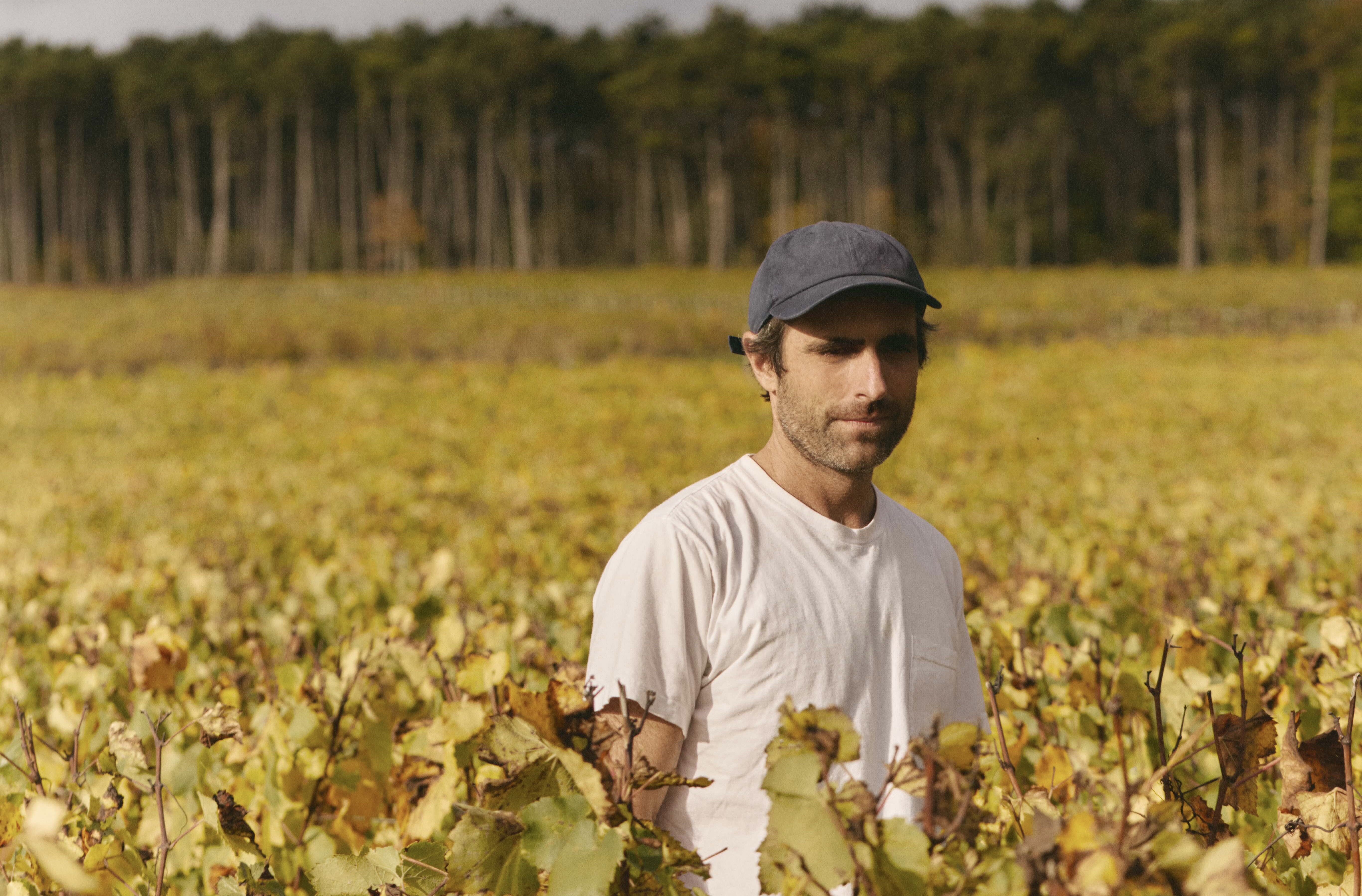

Recent Comments